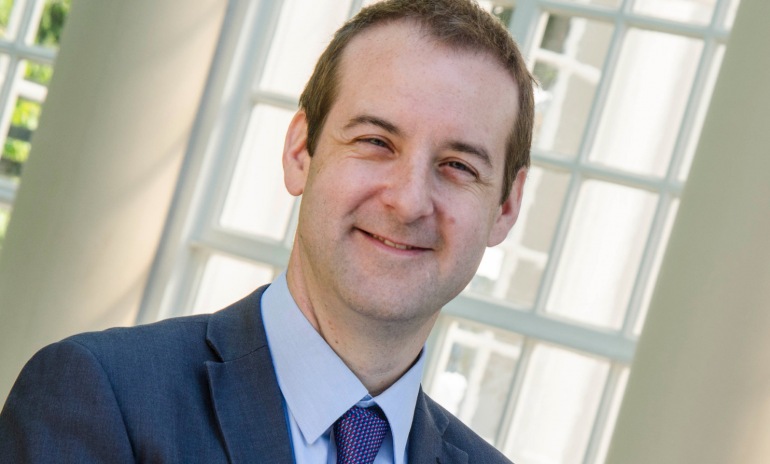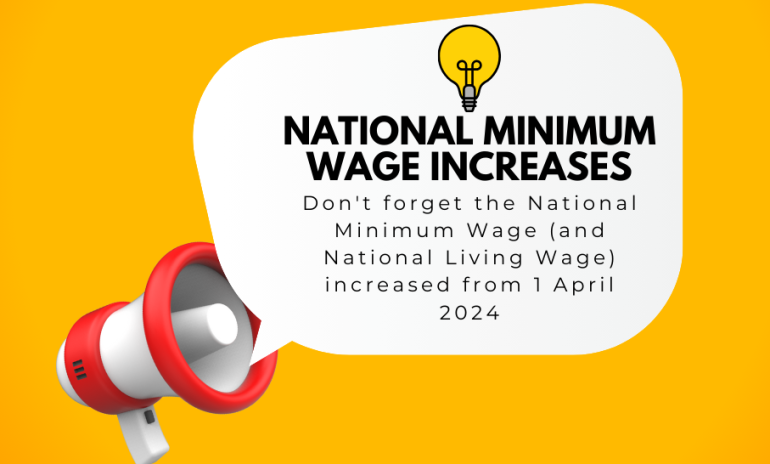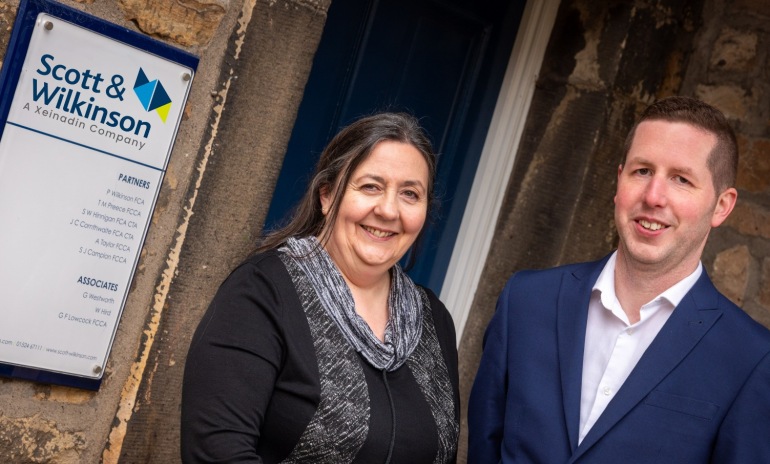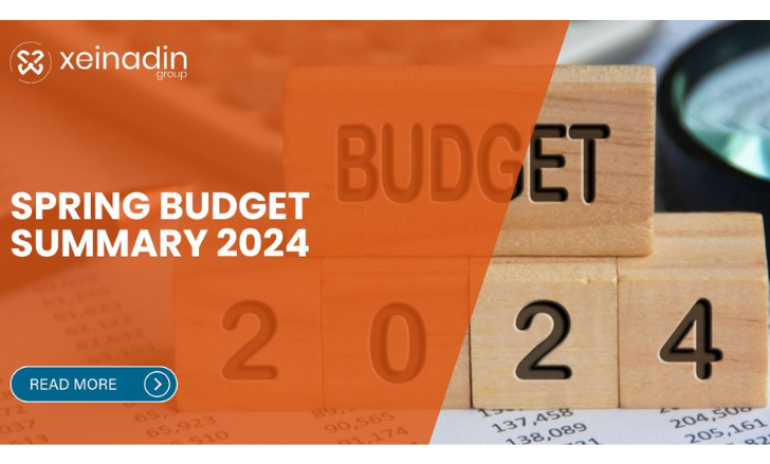Late Payments: How to Claim Interest
Date: 11/08/16

For SMEs in all industries, late payments for goods and services can be a real issue. Cashflow is harder to manage for smaller suppliers, and SME owners can often feel helpless when dealing with larger customers. A question on the lips of many SMEs we’ve spoken to is “What tools can I leverage to ensure speedy recovery of payments?”
One method by which SMEs can push for payment of invoices is by claiming interest on late payments. The statutory right to interest and compensation applies to all contracts and, as the interest on payments accumulates, it provides a powerful deterrent to late payment.
The law gives the supplier the right to charge interest at 8% above the Bank of England’s base rate – however, although the Bank of England has recently changed that rate to 0.25%, SMEs can continue to charge at 8% over the old rate of 0.5% until 31 December 2016. This is because the rates are fixed for six-month periods; the rate on 31 December is valid for the period of 1 January to 30 June, and the rate on 30 June is valid for the period of 1 July to 31 December.
In many cases, the rate of interest dictated by Bank of England base rate plus 8% will be more expensive for a late-paying customer (who is effectively borrowing from you) than overdraft money from the bank. This incentivises timely payment.
You may think that claiming interest on late payments may seem to be adverse to good customer relationships, but by having a clear system in place, suppliers can actually avoid awkward situations.
Communication with late payers is key, and can be distilled into three steps:
1. State agreed payment dates on all invoices and your intention to exercise the right to charge interest on late payments.
2. If the invoice is not paid by the agreed payment date, inform customers of the interest that they are now accruing.
3. Once the payment has been received, issue a bill to the payer informing them of how the interest was calculated and how much was paid.
This communication is an effective tool for ensuring timely payment with a minimum of friction between supplier and customer, and no undue surprises for the customer.

Author: Alan Taylor FCCA
A former pupil at Ripley St Thomas C of E High School in Lancaster, Alan joined Scott & Wilkinson directly from school in 1994 and qualified as an Accountant in 2001. Alan is responsible for a variety of clients operating in...
0 Comment
Add your Comment
We have the ability to edit and/or delete posts and comments. Links should be relevant to the topics. Please note all comments are subject to review before inclusion.














Nobody has commented yet. Why not add one?